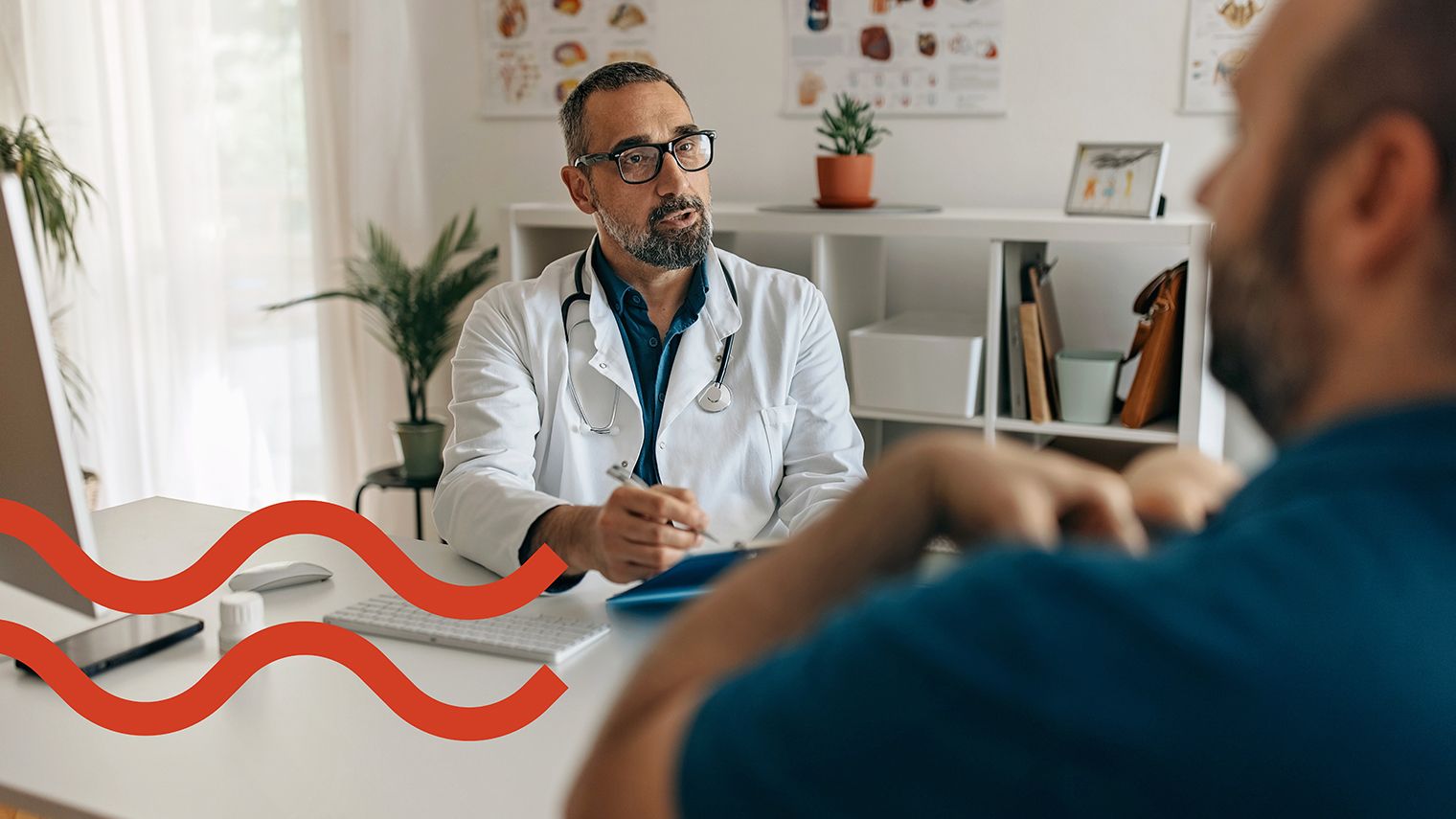What I Wish Other People Knew About COPD
November 28, 2023
Content created for the Bezzy community and sponsored by our partners. Learn More

Photography by Supersizer/Getty Images
Living with COPD means becoming your own best advocate.
I was shocked when I was told I had COPD. I went in for an X-ray to see if I developed bronchitis, an illness I frequently got, and came out with an incurable disease.
There were so many things I didn’t know that I’ve learned over the last 8 years. I think it’s important for others to be clearer on what COPD is and what it means for your life.


Emphysema is COPD
When I got my diagnosis, the report I read in my online healthcare portal said I had a small portion of emphysema in the right lower lobe of my lung.
At no point was “COPD” mentioned in the X-ray interpretation.
It wasn’t until I got to my pulmonologist’s office that I was told I had COPD. For most of that first appointment, I believed I had two lung diseases.
I googled “emphysema” when I got home and learned it was one of the most common forms of COPD. It wasn’t an additional disease. The other frequent form is chronic bronchitis.
I already had asthma before the emphysema, so I technically had some form of obstructive lung disease since I was a child.
I developed bronchiectasis in the last year. I learned it’s not unusual to have multiple forms of lung disease before a COPD diagnosis.
I didn’t have major symptoms
I wasn’t in horrible shape when I got my emphysema diagnosis. I was only getting a little shorter of breath than usual. I had been ill with an upper respiratory infection, so I thought it was from that.
In my mind, someone with COPD is hooked up to oxygen and coughing nonstop.
I always thought of COPD as a serious, terminal illness. Of course, it can be, but some people’s COPD doesn’t progress quickly. Mine hasn’t.
If you get on the right medication — it’s trial and error, as there are many — you can slow its progression for years.
My emphysema has changed very little since I was first diagnosed. I have exacerbations where I do get nervous that it’s getting worse, but I’ve bounced back from them close to my baseline. Even a recent bout of COVID-19 did not make a significant change in my COPD.
COPD occurred years after I quit smoking
I’m not sure where I first heard it, but I’m far from the only one; I’ve discussed this with many friends. The phrase that went around for years was, “Ten years after you quit smoking, your lungs are back to the same as someone who never smoked.”
Unfortunately, this is not true. It was almost 20 years after I quit smoking that emphysema was found in my lungs.
I had at least two X-rays every year in between. My very unsympathetic pulmonologist, who I soon replaced, said, “What do you expect after years of smoking?”
The lungs can show signs of smoking many years after quitting. You can get COPD while smoking when you just quit and long after you quit.
That doesn’t mean you shouldn’t quit. Every cigarette you don’t smoke can keep some damage away.
Oxygen treatment is different for everyone
Oxygen may not be permanent for some people with COPD. For others, it can be.
I can’t tell you how many times I’ve heard that once you go on oxygen, you can’t come off it. I believed it until I started hearing about friends and acquaintances with COPD going on and off oxygen. I’ve used it for periods and then stopped.
Your need for oxygen may not depend on your stage of COPD. Some people live with stage 4 COPD and don’t require oxygen. However, some people living with stage 1 COPD might need to use oxygen.
I always want to tell this to people with and without the disease. I’ve heard too many people refuse to go on oxygen because they think they will have to stay on it permanently.
If you need it, use it. It may just be to help your lungs during a bad period. It’s important to work with your doctor to understand your individual needs.
We don’t have an expiration date
“I’m getting ready to die”: I hear this frequently. I also see many on the Bezzy COPD forum write it. They are scared. I certainly don’t blame them.
These people usually fall into one of two categories: Either they just received their diagnosis or were just told they have stage 4 COPD.
They often ask how long they’ve been in stage 4, also called the end stage. But there’s no answer to that question.
Just like the other stages of COPD, so many things are in play when it comes to how quickly it progresses. If your medication is working to keep symptoms steady, if you’re getting some exercise, if you’re eating right and keeping a steady weight, you can live a long time.
“End stage” could be 1 month, 1 year, 5 years, or 10 years.
COPD does not have to be a set death sentence. It’s incurable, but not untreatable. I’m living my life the best I can and enjoying the journey.
Medically reviewed on November 28, 2023


Like the story? React, bookmark, or share below:
Have thoughts or suggestions about this article? Email us at article-feedback@bezzy.com.
About the author